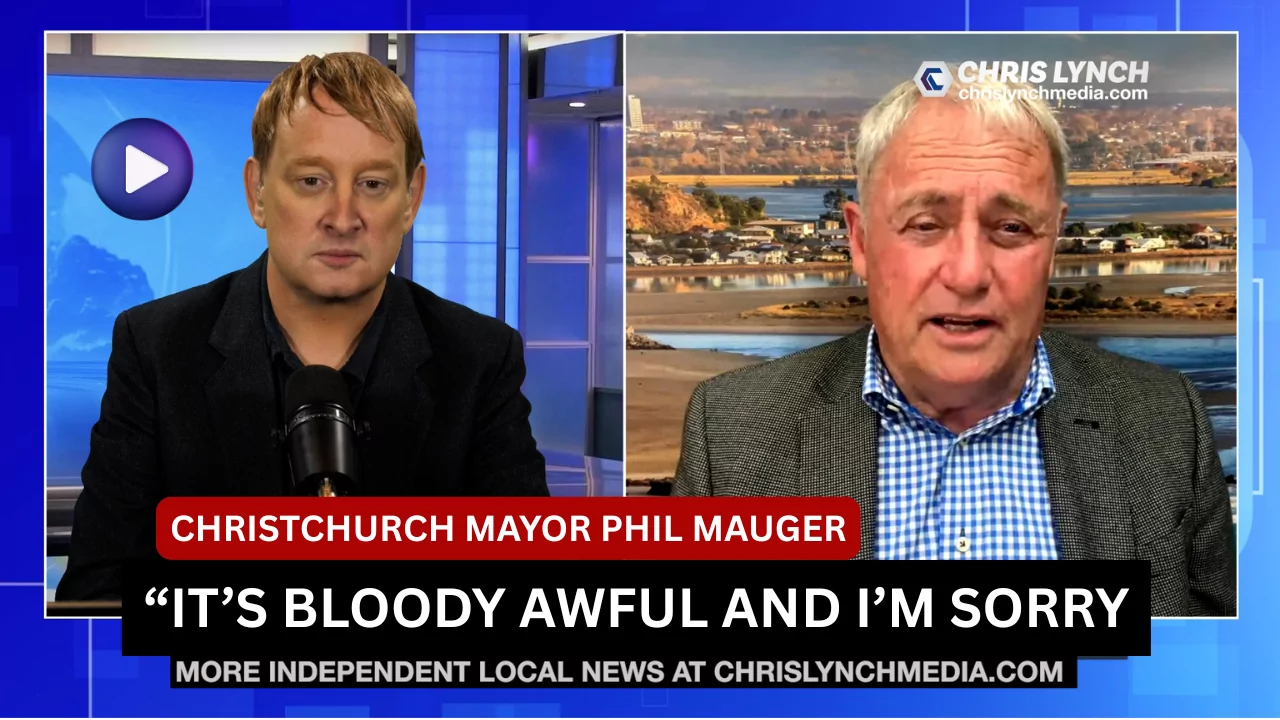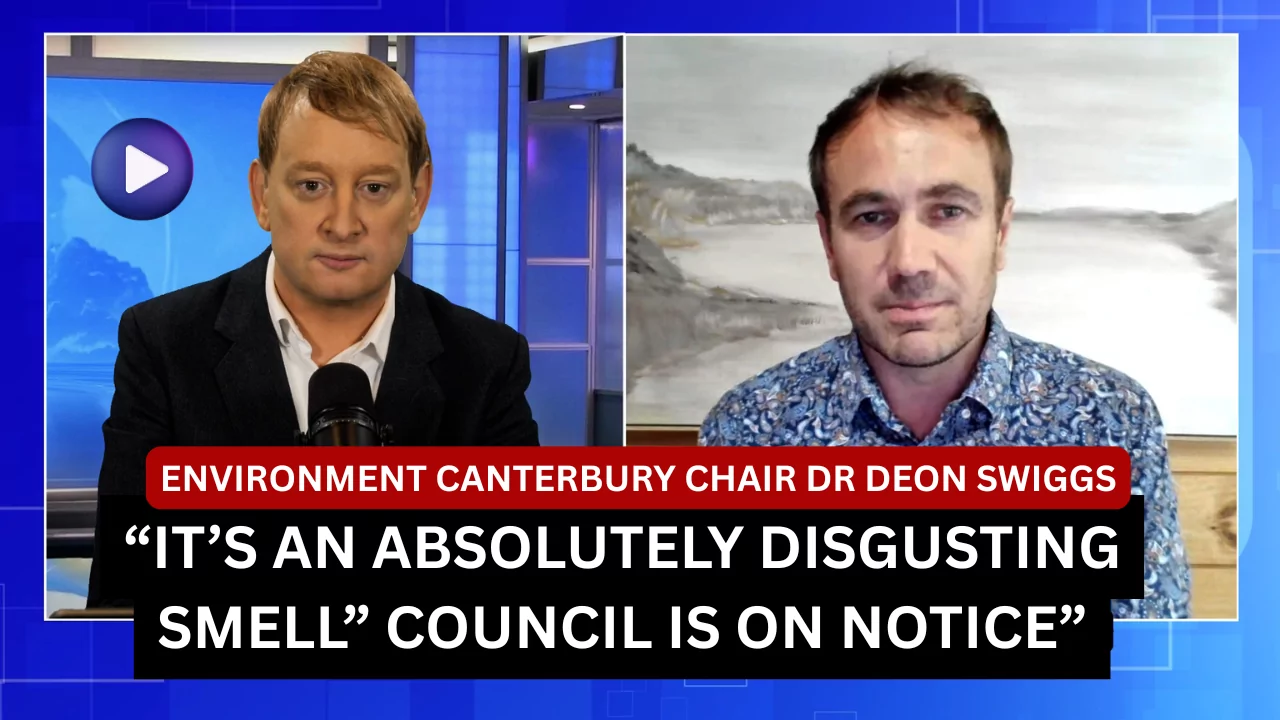Escaped youth tracked by Eagle helicopter, found hiding in New Brighton
The young person who escaped from a youth justice facility in Rolleston has been located...
A visiting American academic has warned that Western institutions, including those in New Zealand, are becoming obsessed with performative virtue-signalling that ultimately alienates the very people they claim to support.
Musa al-Gharbi, a Columbia University sociologist and author of We Have Never Been Woke, is in New Zealand as a guest of the Free Speech Union. He spoke to Chris Lynch Media ahead of his Christchurch appearance on Wednesday night, where he is expected to unpack themes from his research into class, culture and the modern left.
Al-Gharbi said there has been a noticeable cultural shift since 2010, particularly in how highly educated white liberals, often in elite professional roles, engage with race, gender and inequality.
“What we’re seeing isn’t a grassroots movement driven by marginalised groups,” he said. “It’s a specific, affluent demographic who’ve decided to speak on behalf of others, but often without understanding their values or priorities.”
He described a disconnect between professional activists and working-class communities, including racial minorities, noting that polling consistently shows these groups often hold more conservative views than their supposed advocates.
“The professionals in academia, journalism and corporate diversity offices say they speak for the marginalised. But their lives and worldviews are completely detached from those they claim to represent,” al-Gharbi said.
He gave examples of how student ‘loan forgiveness’ initially sold as a progressive measure to help the poor, largely benefits well-off graduates.
“We don’t say ‘cancel student loans because we don’t like them.’ We say ‘cancel them because they hurt black Americans and the poor.’ But we’re really just trying to help ourselves, while hiding behind others.”
He said this phenomenon extends to social media self-branding, where people display progressive slogans and emojis in their bios as a kind of moral performance.
“These things are rarely about genuine solidarity,” he said. “It’s about saying ‘look at me, I’m on the right side.’ It’s branding, not activism.”
Al-Gharbi also questioned the effectiveness of corporate diversity initiatives, saying they often have unintended consequences.
“Most diversity training doesn’t work. In fact, it can increase segregation because people become afraid of interacting across differences. They’re told they’re full of unconscious bias, that they’re a liability, so they just retreat.”
He said companies continue to support these programmes, not out of conviction, but to protect themselves legally and manage optics.
“There’s no evidence these efforts improve inclusion or cooperation. But they reduce the risk of lawsuits and help executives feel like they’re doing something.”
Asked about similar trends in New Zealand, al-Gharbi said the same symbolic battles are playing out in corporate boardrooms and public institutions here too.
When asked about performative gestures, like newspapers adding rainbow flags to their mastheads during Pride month, he said it’s not just hypocrisy, but that these symbolic gestures often distract from meaningful change.
“Real progress requires resources, sacrifice and long-term commitment. These institutions prefer hashtags and slogans instead.”
Al-Gharbi said New Zealand’s former Prime Minister Jacinda Ardern embodied the kind of symbolic liberalism he critiques, globally praised for kindness and empathy, but ultimately delivering very little material change.
“Politics that centre around moral posture can’t survive without results. Eventually, people notice when promises don’t translate into outcomes.”
He pointed to international political trends, including the realignment of working-class voters and ethnic minorities away from traditionally progressive parties.
“In the US, the Democrats are losing the very people they claim to support. It’s the same in the UK and France. Working-class people, religious minorities, and ethnic groups are moving to the right.”
He said the left’s obsession with etiquette, pronouns, and identity markers has become disconnected from the “kitchen sink” issues that matter most to ordinary people.
“This isn’t about equality. It’s about elites managing their own anxieties through symbolic performance, while the material conditions of the working class remain unchanged.”
On the question of whether these trends are reversing, al-Gharbi was cautiously optimistic.
“There’s some evidence we’re past ‘peak woke.’ After 2021, things started shifting. There’s a growing fatigue with all of this and I think many people are yearning for a politics that’s grounded in reality again.”
Al-Gharbi will be speaking in Christchurch on Wednesday night as part of his national tour with the Free Speech Union.
Musa al-Gharbi Tour – Christchurch
When: 18:30, Wednesday, July 16
Where: Christchurch Art Gallery Te Puna o Waiwhetū
312 Montreal Street
Christchurch Central City
Christchurch, 8012


